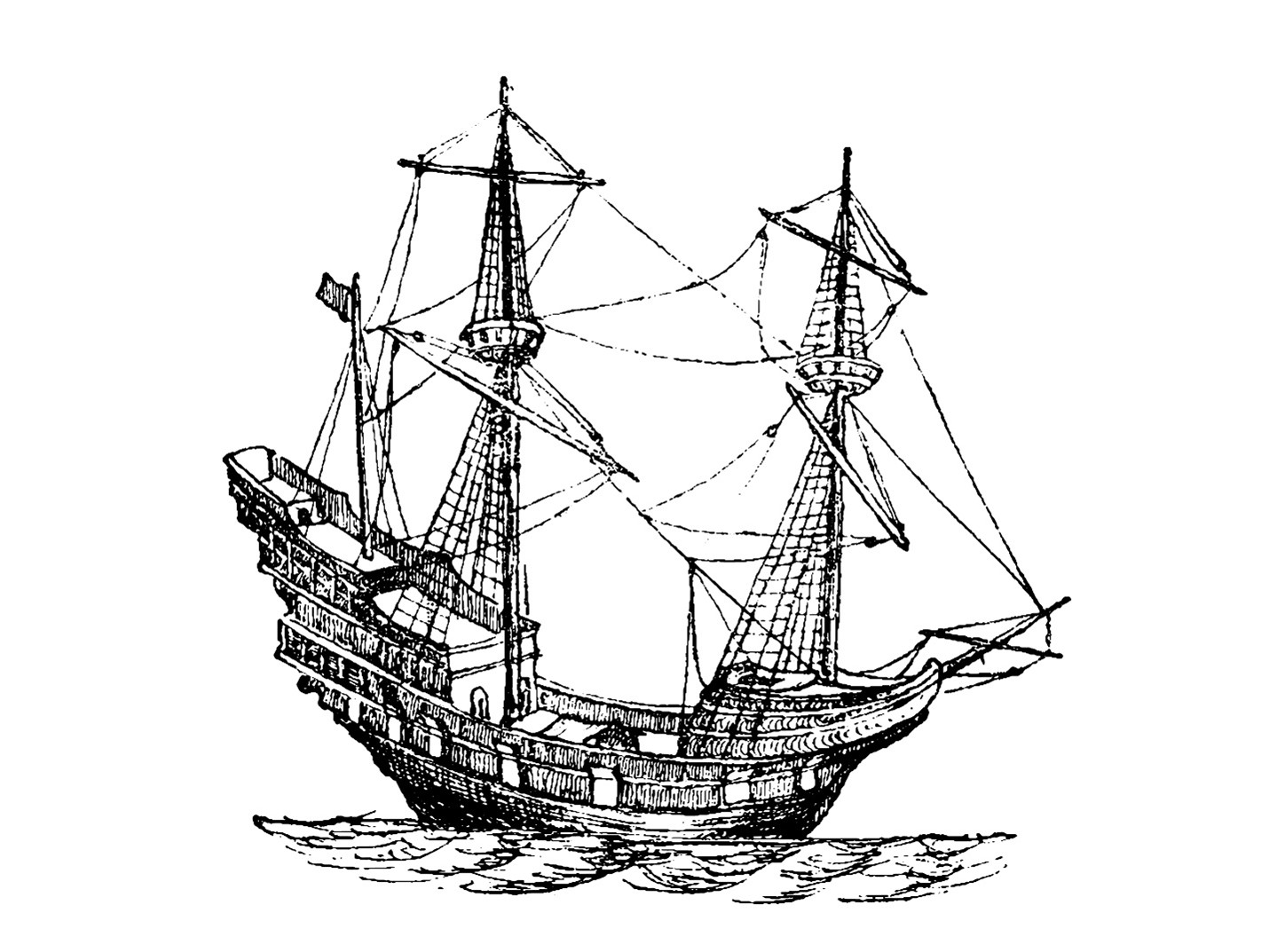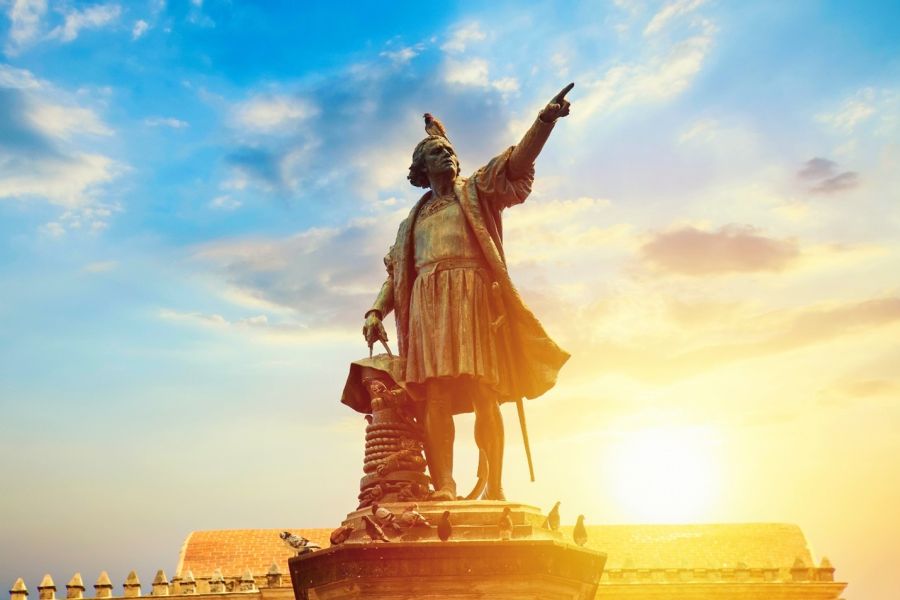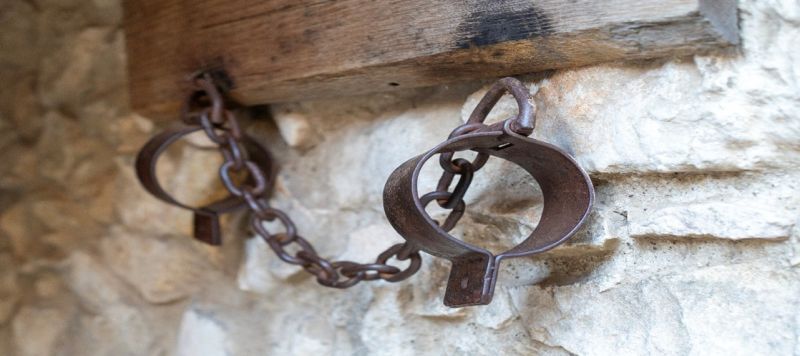
Spain and Portugal fought over the Americas. A treaty in 1494 determined which land belonged to which country, totally ignoring indigenous claims, of course. Portugal was mostly limited to Brazil.
Spain developed the plantation system of agriculture. During this time, the slave route was established. Spanish slave traders made deals with the Yoruba of Nigeria, the Fon of Dahomey, and the Fanti and Shanti of Ghana who already captured slaves through tribal warfare. They were cruel masters whose greed for Spanish trade made slavery into a business.
More slaves died while with the black slavers than died during the dreaded Middle Passage, according to Seabrook. That does not forgive the hideous conditions and abuse on slave ships!
The first African slave insurrection was at Veracruz, Mexico. Between 1570 and 1609, Gaspar Yanga, thought to be a Gabonese prince, led followers from plantation slavery to “star mountain” (the tallest mountain in Mexico) to form an African settlement. In 1600, they were joined by de Matosa’s group of African maroons. Today, a town of 20,000 mestizos still occupies the spot of the settlement. https://www.blackhistoryheroes.com/2011/05/gaspar-yanga-1570-african-slave-revolt.html
This is 78 years after Columbus, and it was not the last resistance.
One more thing: Spanish plantations were planted in Florida in the 1600s and 1700s until Florida became part of the United States of America.
So, I’m wondering why the push for black reparations for slavery is limited to the United States. Why aren’t these African countries included? Why aren’t European countries included in reparations? Is it lack of knowledge? Is it racism that omits reparations from African countries? Or is it greed instead of justice: targeting the USA because she is rich? What do you think?

